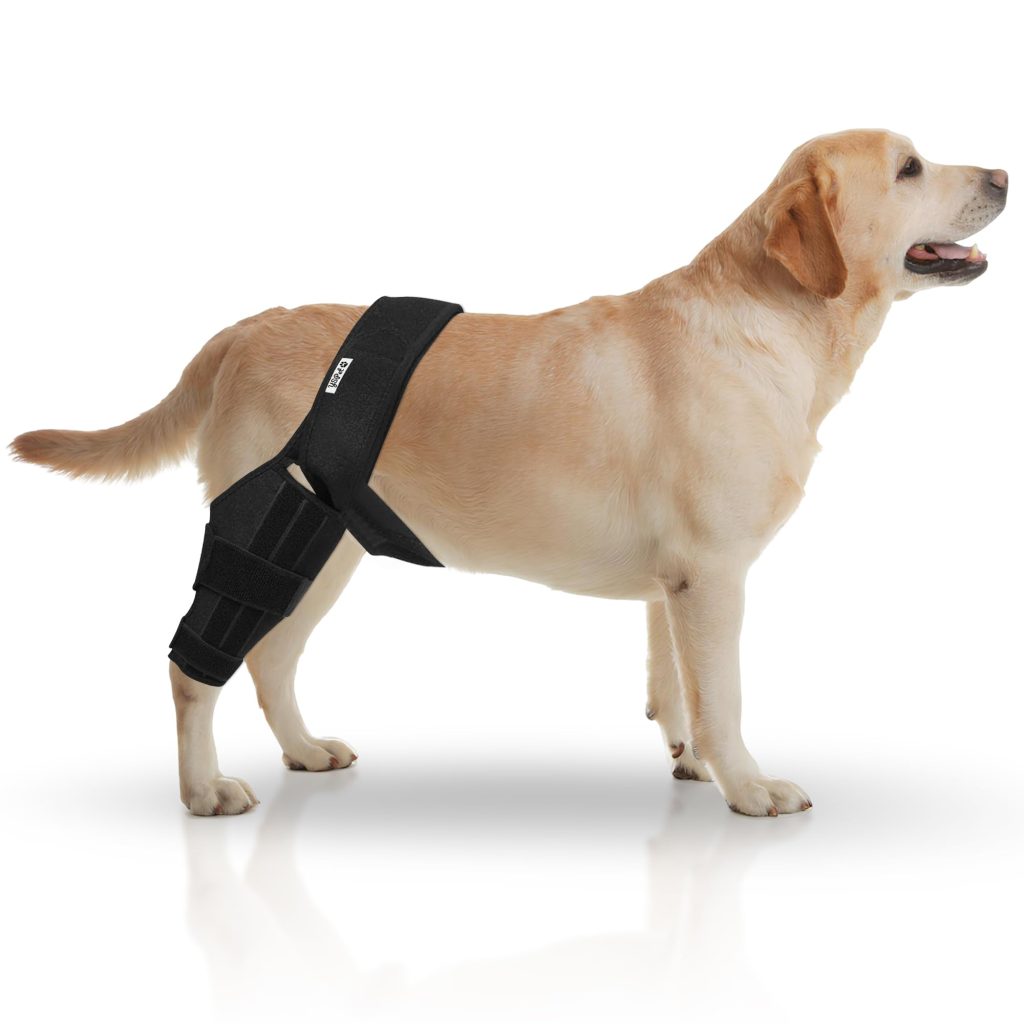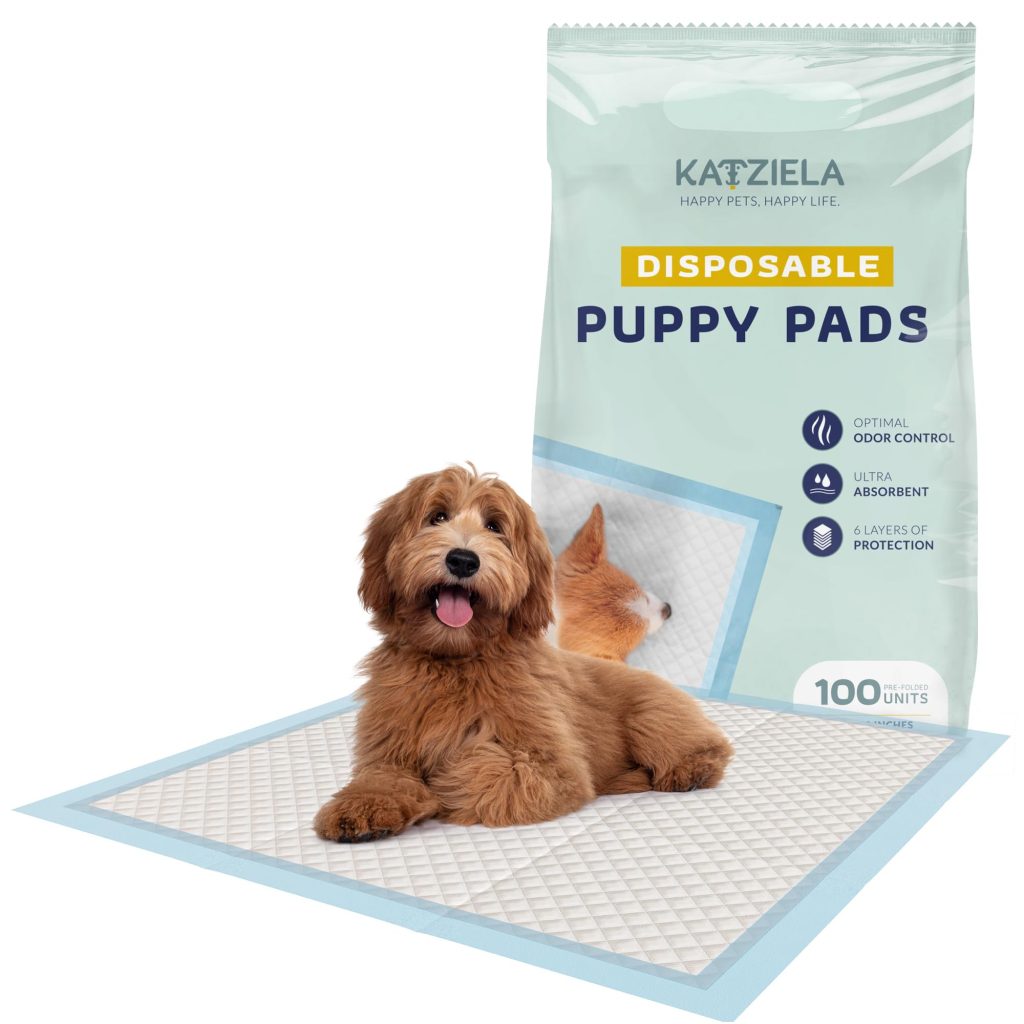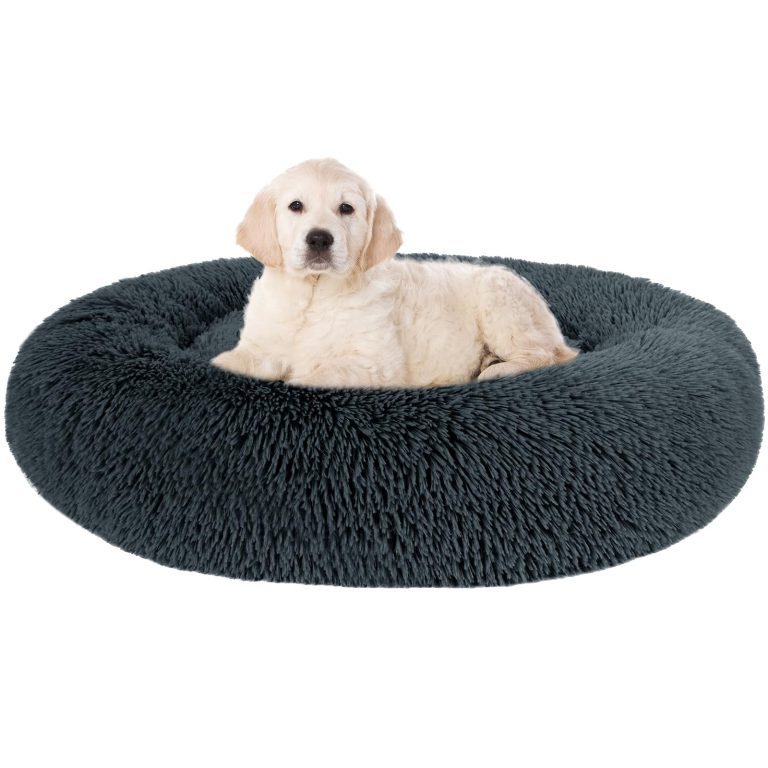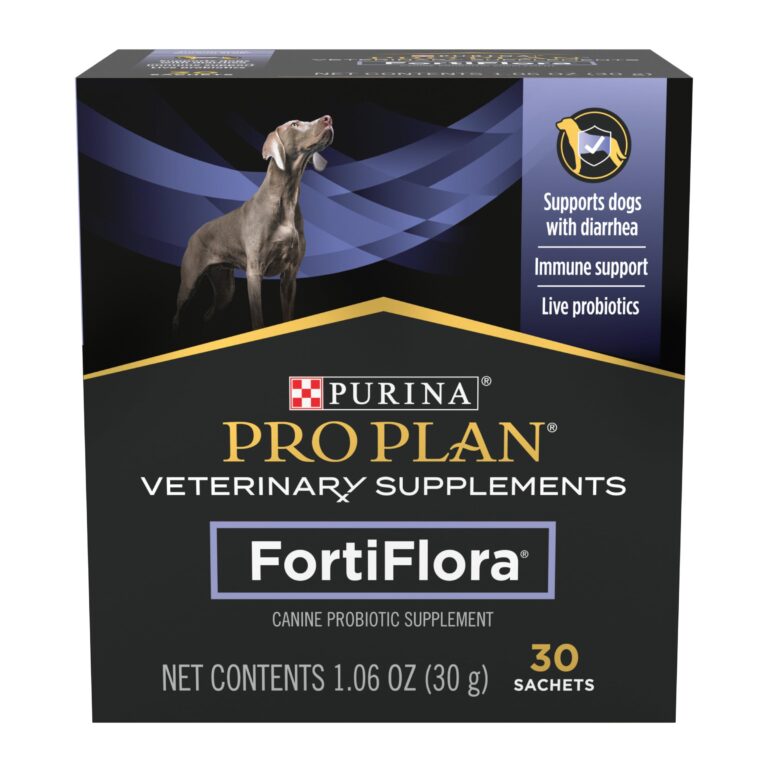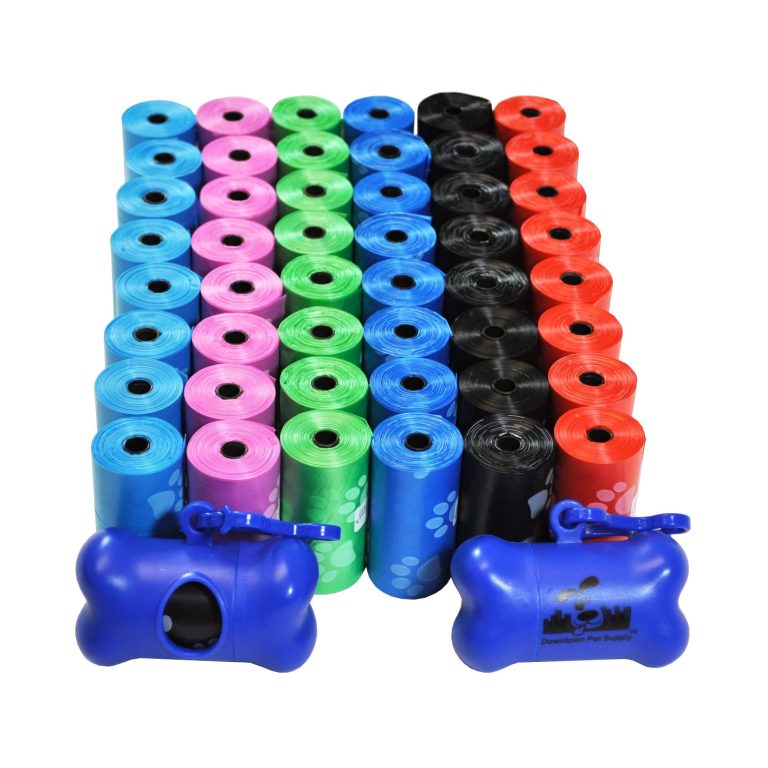Feeding Your Dog a Low-Sodium Diet
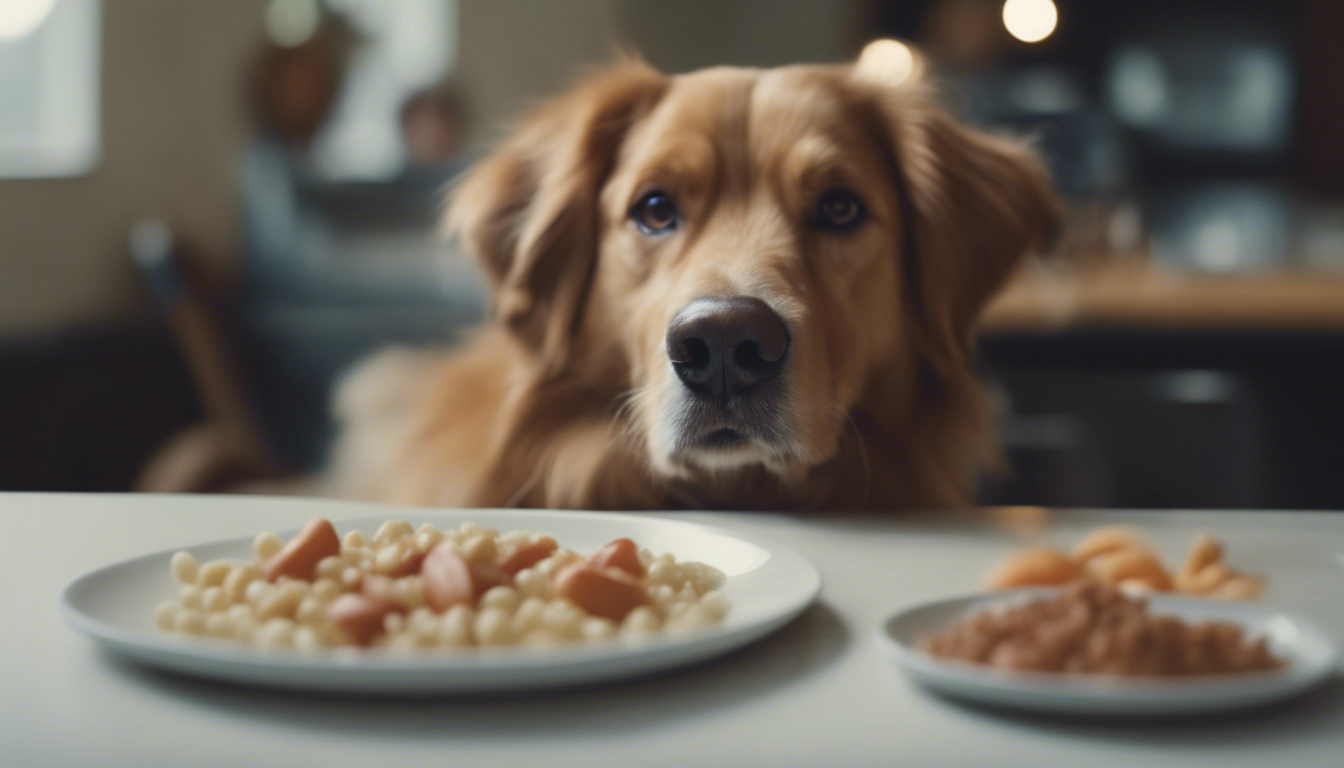
Dogs, like humans, require a balanced diet to stay healthy and thrive. Feeding your dog a low-sodium diet can be beneficial in certain situations, such as if your dog has heart disease or high blood pressure. In this article, we will explore essential aspects of canine nutrition and diet, including the importance of a balanced diet, specific dietary needs for different life stages and breeds, and homemade low-sodium diet options.
The Importance of a Balanced Diet for Dogs
A balanced diet is important for dogs as it provides them with the necessary nutrients to support their overall health and well-being. The primary components of a balanced dog diet include proteins, carbohydrates, fats, vitamins, and minerals.
Proteins are essential for muscle development and repair, while carbohydrates provide energy. Fats are a concentrated source of energy and aid in the absorption of fat-soluble vitamins. Vitamins and minerals are required in smaller quantities but play a vital role in various bodily functions.
Dietary Needs for Different Life Stages
Puppies
Puppies have different nutritional needs compared to adult dogs due to their rapid growth and development. They require higher amounts of protein, fat, calcium, and phosphorus. Commercial puppy foods are specifically formulated to meet these requirements.
Adult Dogs
Adult dogs should be fed a well-balanced diet suitable for their breed and activity level. The amount of food depends on factors such as weight, metabolism, and exercise. Generally, adult dogs need a diet consisting of around 18-25% protein, 10-15% fat, and a balance of carbohydrates, vitamins, and minerals.
Senior Dogs
As dogs age, their metabolism slows down, and they become more prone to certain health conditions. Senior dogs may benefit from a lower-calorie diet to prevent weight gain, as well as increased fiber content to aid digestion. Additionally, joint supplements and antioxidants can be beneficial for promoting joint health and combating oxidative stress associated with aging.
Dietary Needs for Different Breeds
While the basic nutritional needs remain the same, certain breeds may have specific dietary considerations due to their size or predisposition to certain health issues.
- Large breed dogs: Large breeds are more prone to orthopedic issues such as hip dysplasia. A diet with appropriate calcium and phosphorus levels to support bone health is important.
- Small breed dogs: Small breeds have higher energy needs compared to larger breeds. Therefore, they will require a more calorie-dense diet.
- Breeds prone to certain conditions: Some breeds are genetically predisposed to certain health conditions, such as urinary stones or food allergies. Adjustments in diet may be necessary to address these specific needs.
Low-Sodium Diet Options
A low-sodium diet is often recommended for dogs with heart disease or high blood pressure. Commercial low-sodium dog foods are available, but you can also prepare homemade low-sodium meals for your furry friend.
When preparing a homemade low-sodium dog food, it’s essential to consult with a veterinarian or veterinary nutritionist to ensure your dog’s specific needs are met. Including lean proteins such as chicken, turkey, or fish, along with nutrient-rich vegetables like carrots and green beans, can help create a well-balanced, low-sodium meal.
Remember, homemade diets should be properly balanced and not rely solely on low-sodium ingredients. A veterinary professional can guide you in ensuring the diet meets your dog’s nutritional requirements.
Feeding your dog a low-sodium diet can be beneficial in certain situations, but it is important to remember that each dog has unique nutritional needs. Providing a balanced diet, tailored to their life stage and breed, is important for their overall health and well-being. Consult with a veterinarian or veterinary nutritionist to develop a suitable diet plan that meets your dog’s specific needs. By thoughtfully addressing their dietary needs, you can promote the well-being and longevity of your beloved companion.

